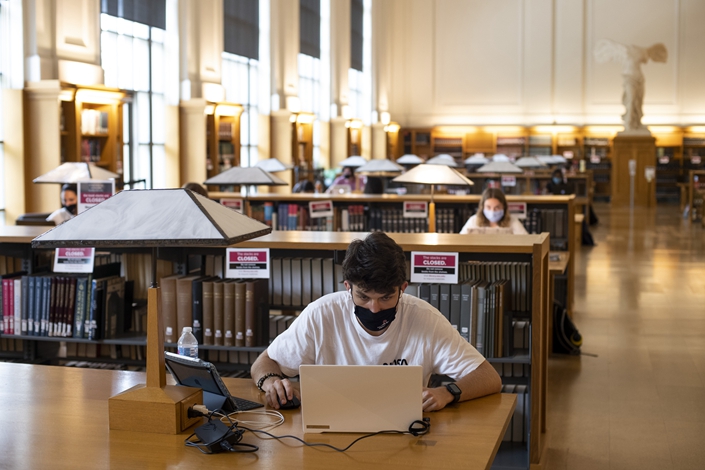Blog: A Chinese Student’s Take on Being Targeted by Trump

Liu Jiaqi is a Chinese student studying in the U.S. This article was first published on Globus.
In the four months since I quarantined myself at home in mid-July, I have found working remotely to be a blessing amid the Covid-19 pandemic and the U.S. economic downturn. Despite the riotous demonstrations in many other states and skyrocketing unemployment rate, California’s governor has insisted on doing the right thing, withstanding pressure from U.S. President Donald Trump to quickly reopen businesses.




